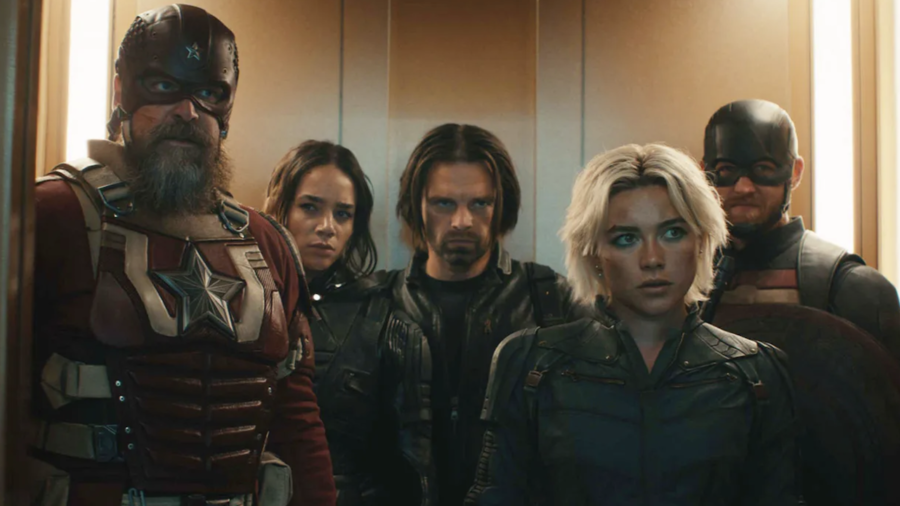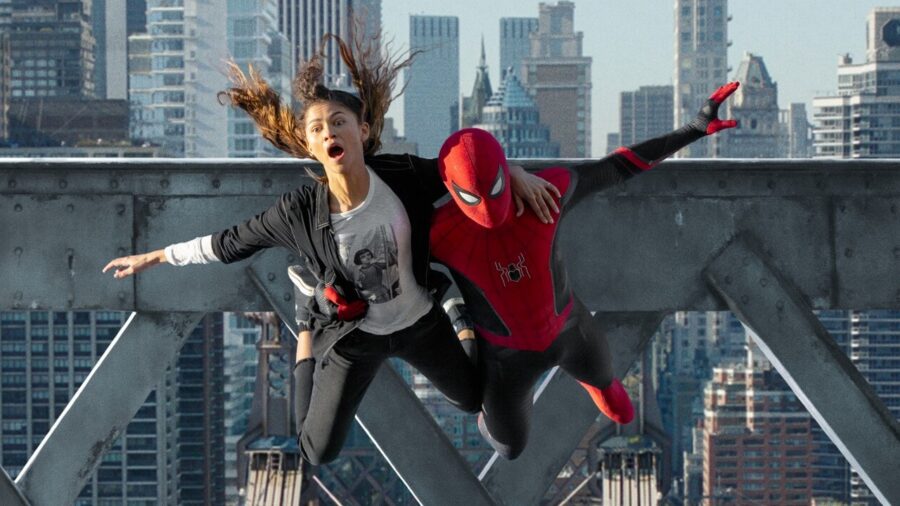By Chris Snellgrove
| Published
Summer often has competing superhero movies, and this past season was no exception. James Gunn kicked off the DCU with Superman, and a few weeks later, the MCU released The Fantastic Four: First Steps, the fourth attempt (if we count Roger Corman’s unreleased film) at bringing Marvel’s First Family to the big screen. Surprisingly, Superman soared while Fantastic Four flopped, which reveals a sobering truth about these movies: in a post-superhero fatigue world, only movies built around insanely popular characters are likely to succeed.
The Marvel Cinematic Universe famously launched with what comics fans at the time considered B-list heroes like Iron Man and Captain America. Marvel was forced to do this because other studios held the film rights for the most popular heroes: Spider-Man and the X-Men. To Marvel’s credit, they built a cinematic universe and a growing financial empire off oddball heroes, eventually turning even obscure weirdos like the Guardians of the Galaxy into household names.

Greedy executives effectively killed this golden goose, flooding both movie theaters and the Disney+ app with so much Marvel content that keeping up with everything felt like a boring chore. After flops like Eternals, Ant-Man and the Wasp: Quantumania, and The Marvels, it was clear Disney had lost its Midas gauntlet. That was underscored yet again by the box office failure of The Thunderbolts, a well-written and critically praised film that still failed to put enough butts in theaters to justify its costs.
Among MCU diehards, this led to a narrative that The Thunderbolts only failed because it was the tale of a bunch of C-list outcast heroes and villains. There is some truth to that (more on this soon), but those same diehards convinced themselves that the much more recognizable Fantastic Four would be a hit, especially with the super popular Pedro Pascal as a lead. Now that First Steps bombed and Superman succeeded, though, those diehards need to face the reality that only the biggest superheroes can lead a tentpole film to box office success.

The kinds of heroes I’m talking about are relatively obvious: Superman, Batman, Spider-Man, and so on. These are the kinds of characters who have generations of fans who will come out to see the latest movie, which is how James Gunn’s Superman recently became the most successful solo film featuring the Man of Steel. Wisely, Gunn decided to use this film to soft-launch a variety of quirkier characters (including the brainy Mr. Terrific and the hard-nosed Guy Gardner) that couldn’t headline their own solo films.
While the failure of The Fantastic Four seemingly surprised Disney executives, Marvel Studios seems to have noticed the writing on the wall, which is why the next Spider-Man film will feature both Hulk and The Punisher. In the modern era of superhero fatigue, neither of these characters could headline their own successful solo movies (plus, Universal Pictures still has the distribution rights for solo Hulk films). By putting these less appealing characters in a movie with their most popular hero, Marvel can effectively mine their deep bench of characters while making the new Spider-Man seem novel and fresh.

For better or for worse, this is now the future of superhero cinema: solo movies will only be built around the most popular (and marketable) characters, and more of these “solo” movies are going to be ensemble pieces featuring roles from other heroes. It’s an approach that might save Marvel, assuming that their insanely big-budget films Avengers: Doomsday and Avengers: Secret Wars don’t flop. Otherwise, James Gunn’s DCU might emulate its flagship hero, taking the mantle of the best cinematic universe “up, up, and away” from its biggest competitor.




